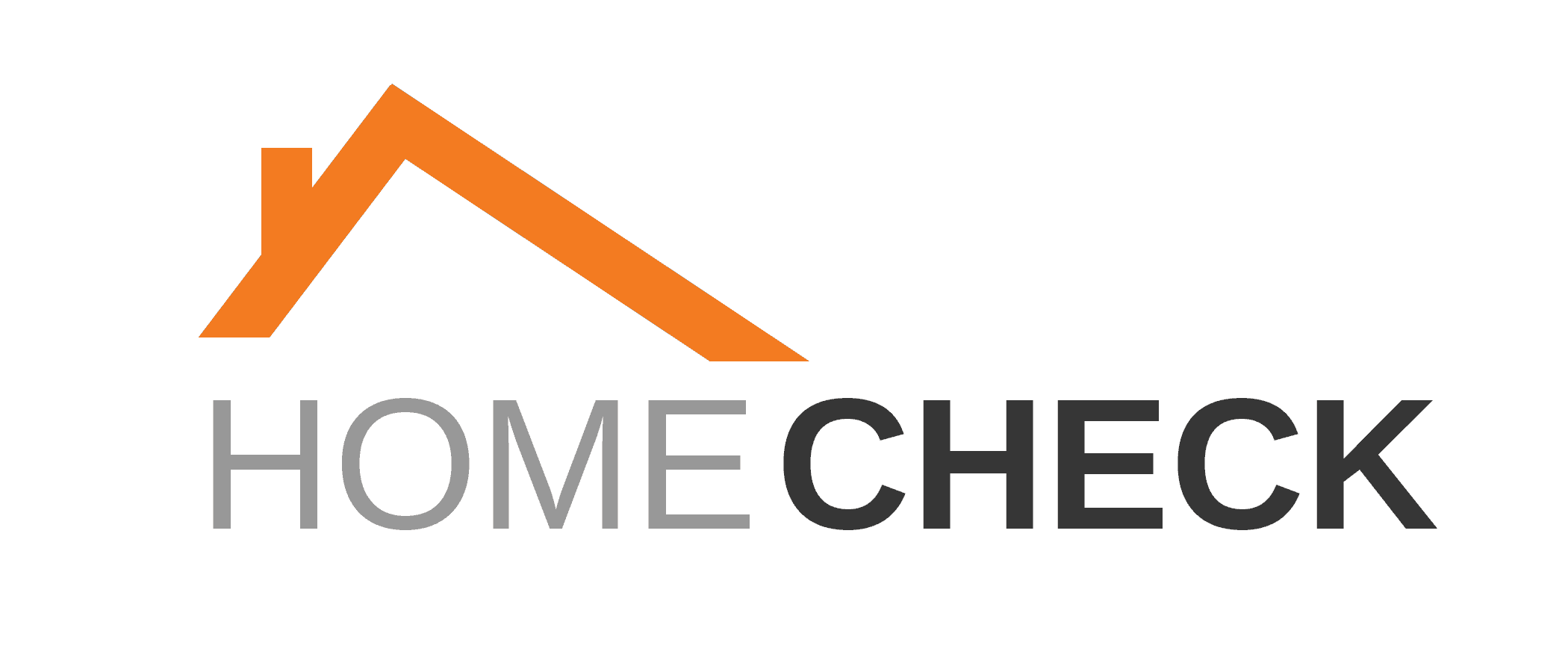Are you in the process of buying or selling a home? Whether you’re a first-time homebuyer or a seasoned homeowner, understanding the home inspection process is crucial. A home inspection is a vital step in the real estate transaction, providing valuable insights into the condition of the property. In this blog post, we’ll delve into what to expect during a home inspection, empowering you with the knowledge needed to navigate this critical phase with confidence.
- Preparation: Before the home inspection, it’s essential to prepare the property for evaluation. This includes ensuring that all areas of the home are accessible to the inspector. Clearing clutter, unlocking doors, and removing obstacles around critical systems such as the furnace, water heater, and electrical panel will streamline the inspection process.
- The Inspection: On the day of the inspection, a qualified inspector will thoroughly evaluate the property from top to bottom. They will assess the structural integrity, electrical systems, plumbing, HVAC (heating, ventilation, and air conditioning), roofing, and other essential components of the home. The inspection typically takes a few hours, depending on the size and complexity of the property.
- Detailed Examination: During the inspection, the inspector will examine each area of the home in detail, looking for signs of damage, wear and tear, or potential safety hazards. They will check for issues such as water leaks, electrical problems, mold, pests, and structural deficiencies. Additionally, they may test appliances, smoke detectors, and carbon monoxide detectors to ensure they are functioning correctly.
- Documentation: Throughout the inspection, the inspector will document their findings, taking notes and photographs of any issues discovered. Once the inspection is complete, they will compile their findings into a comprehensive report detailing the condition of the property. This report will outline any areas of concern, recommended repairs or maintenance, and may include estimated costs for remediation.
- Review and Negotiation: After receiving the inspection report, it’s essential to review it carefully with your real estate agent. If significant issues are identified, you may choose to negotiate with the seller to address them before proceeding with the purchase. Depending on the terms of your contract, you may have the option to request repairs, credits, or a price reduction to account for the cost of necessary fixes.
- Final Steps: Once any negotiations have been completed, and both parties are satisfied, you can move forward with the closing process. Keep in mind that while a home inspection provides valuable insights into the condition of the property, no home is perfect. It’s essential to approach the inspection process with realistic expectations and a willingness to work collaboratively with all parties involved to reach a satisfactory outcome.
Conclusion
Understanding the home inspection process is essential for anyone buying or selling a home. By knowing what to expect and how to navigate the inspection process effectively, you can make informed decisions and ensure a smooth real estate transaction. If you have any questions or concerns about the home inspection process, don’t hesitate to reach out to a qualified real estate professional for guidance and support.

